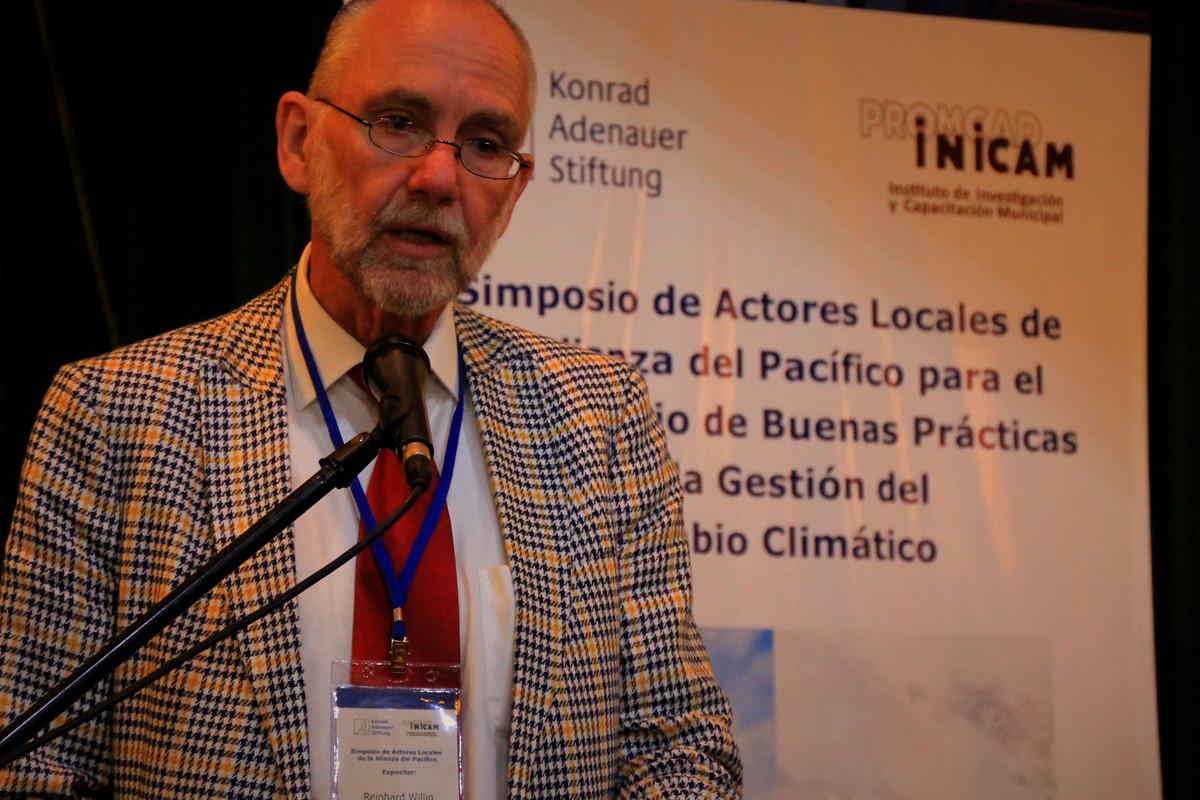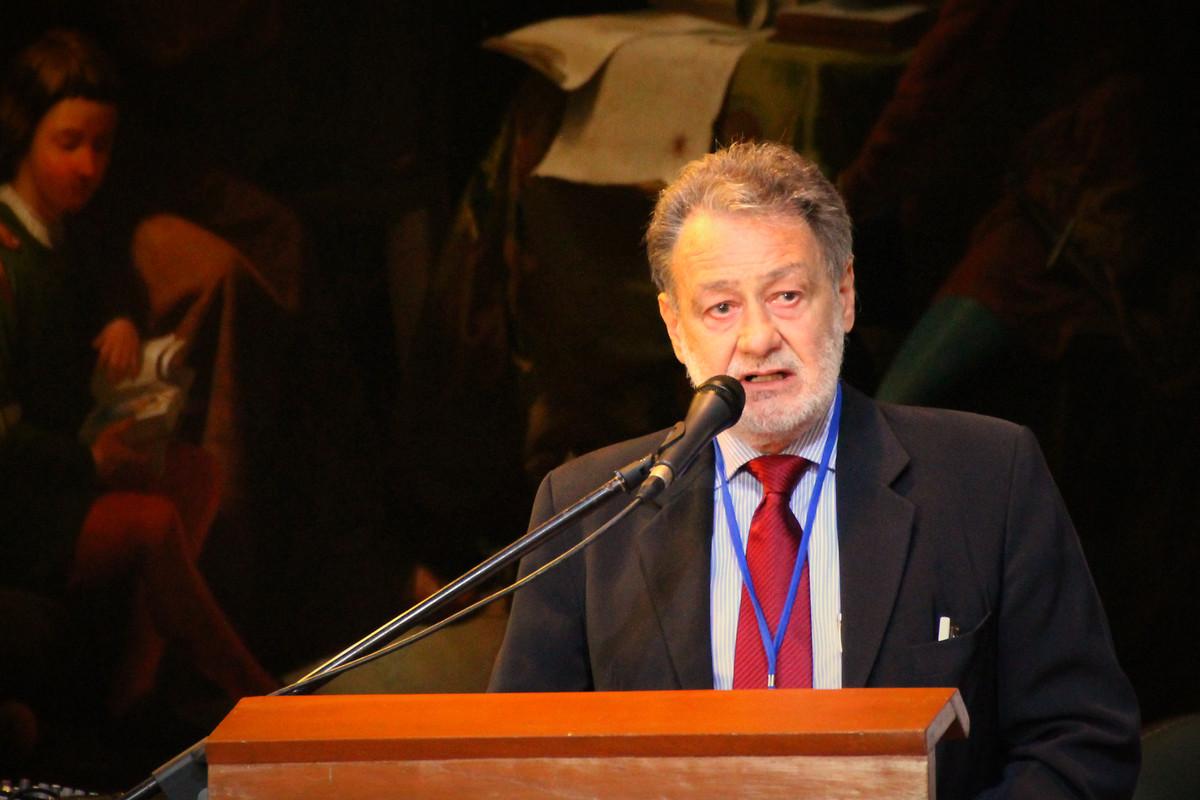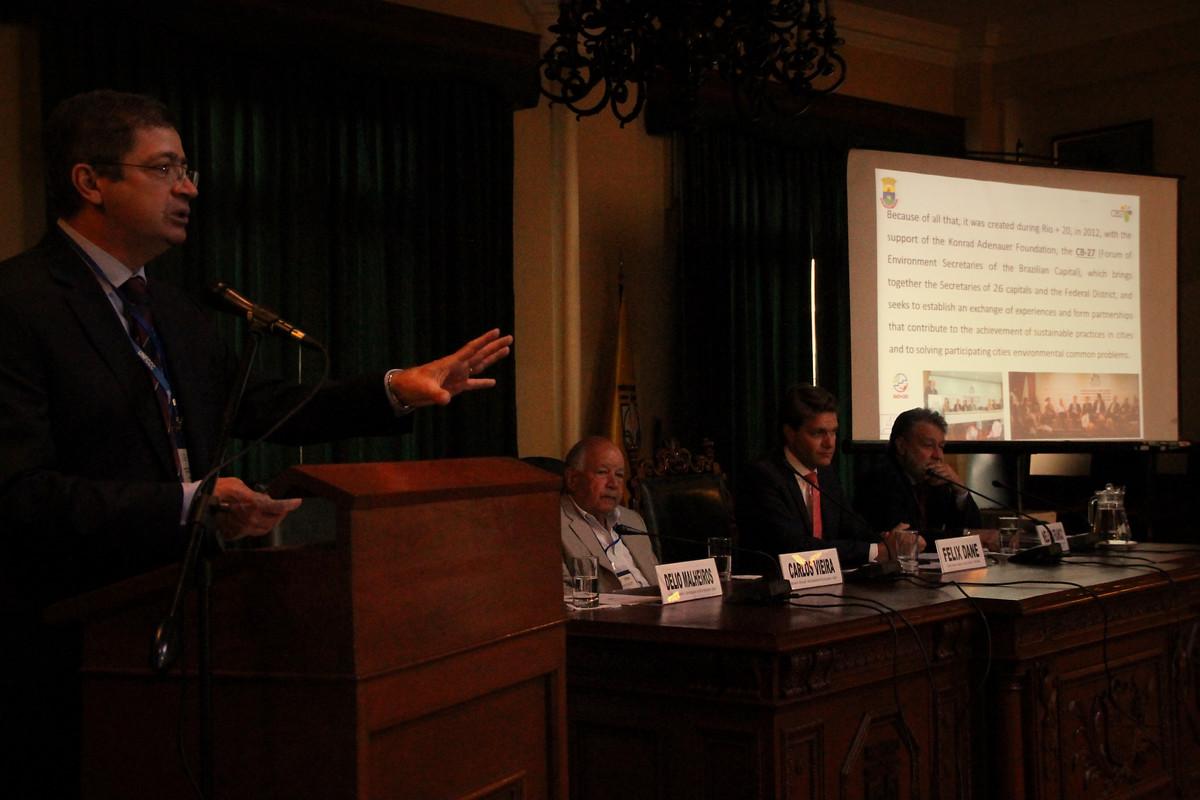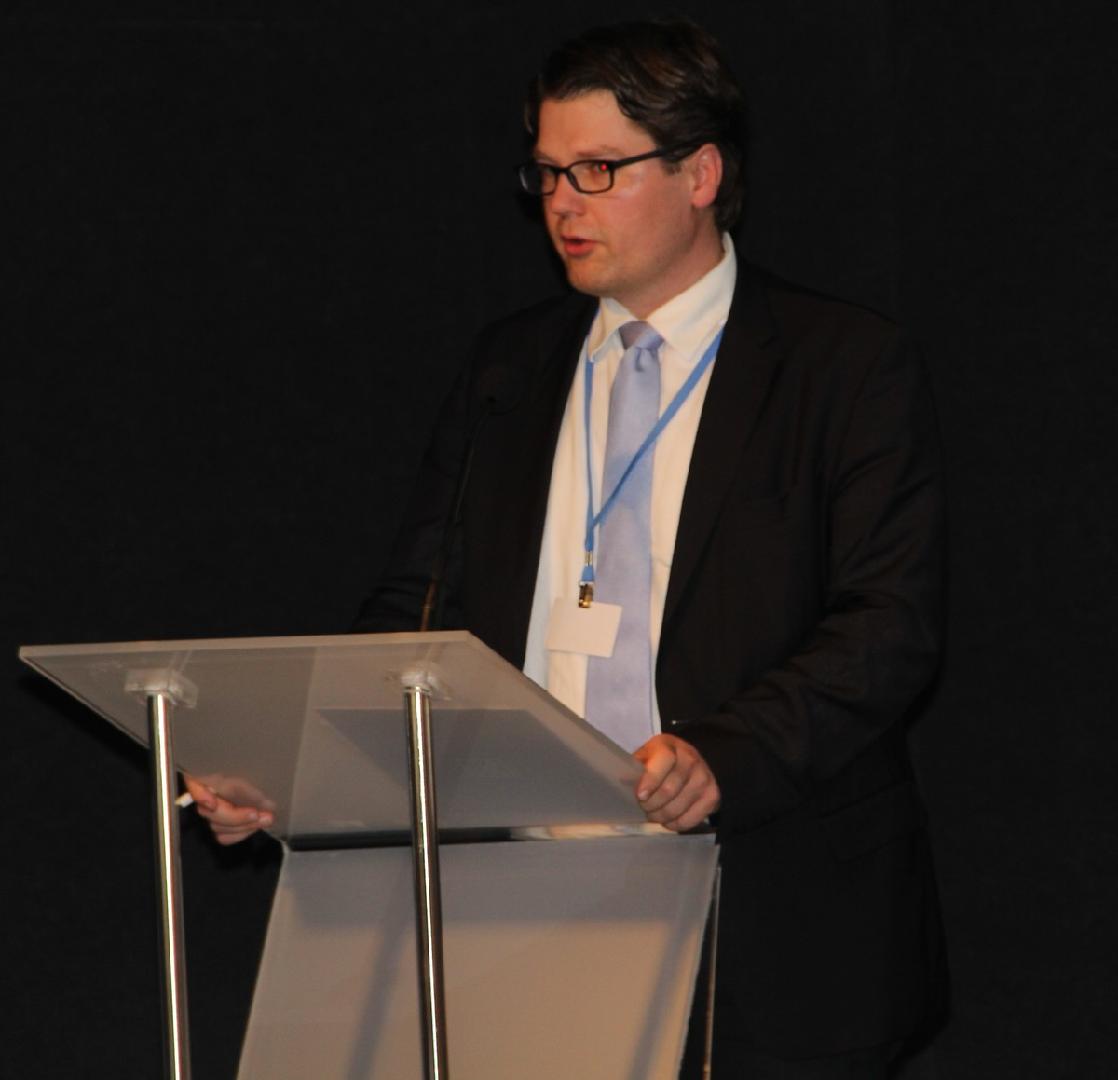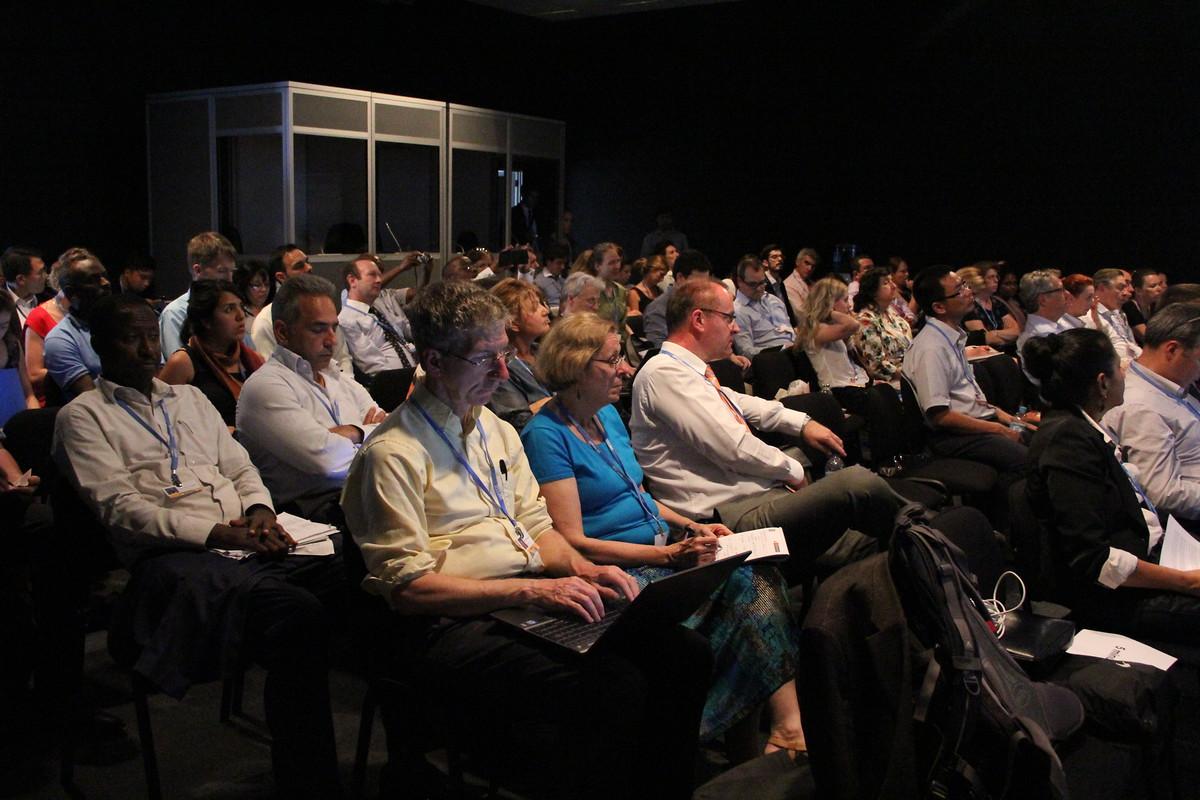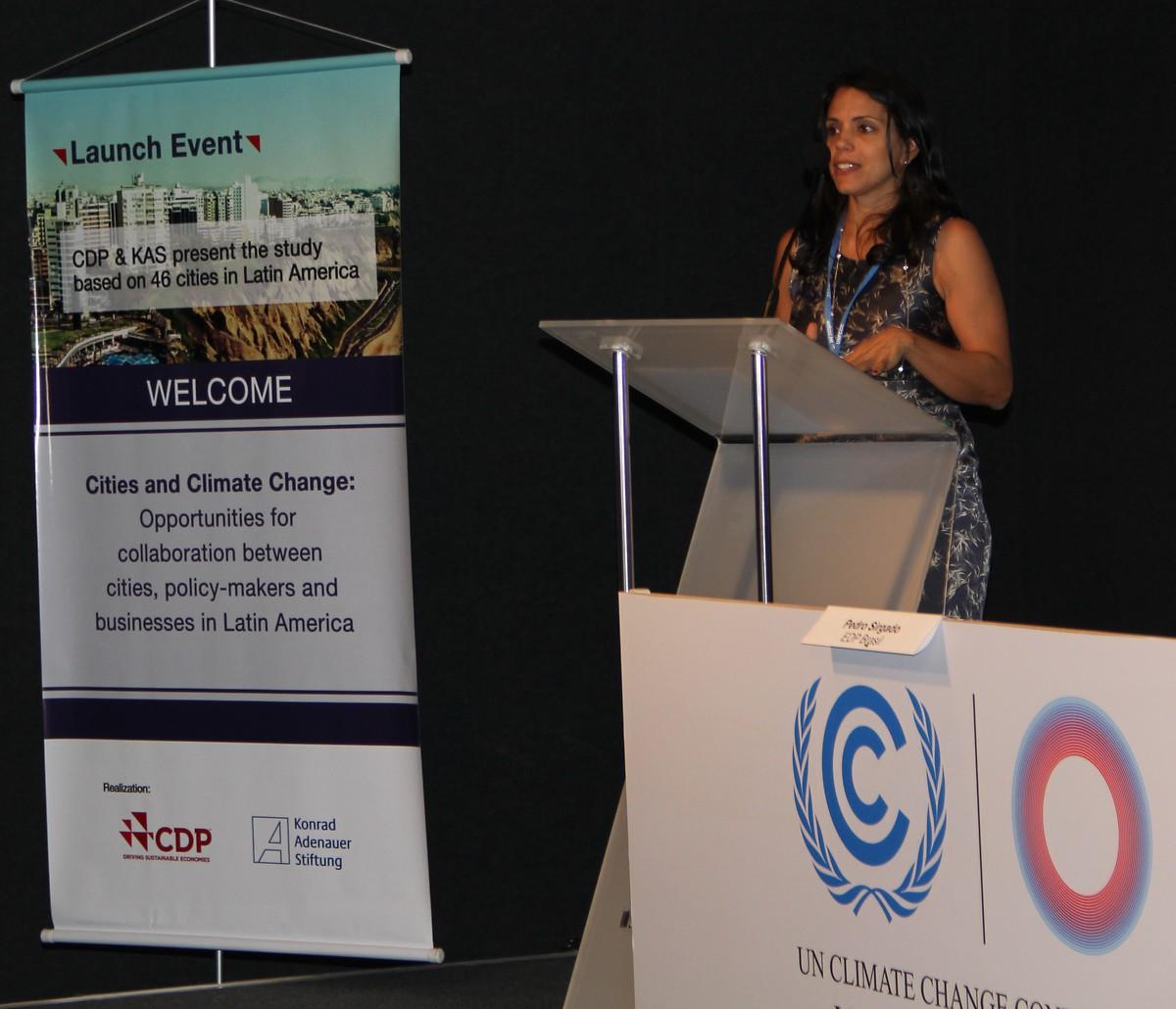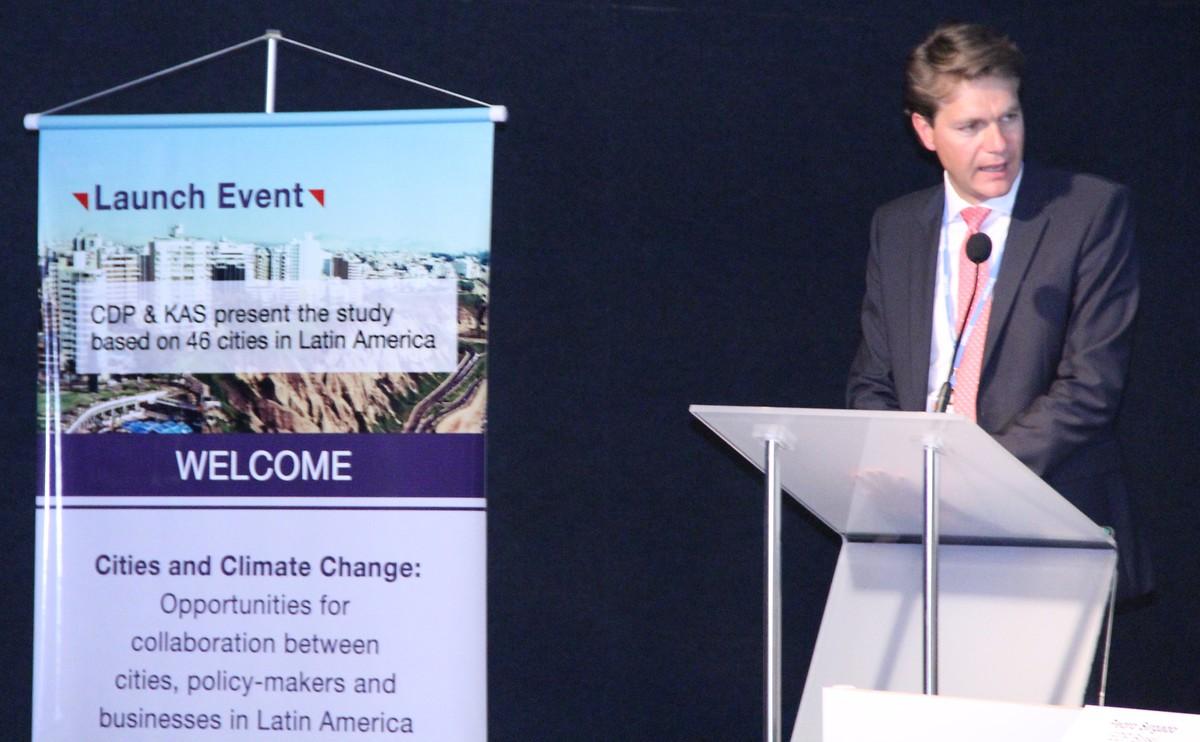Event Reports
In the first two weeks of December over 190 nations gathered once again to discuss the next steps in international climate policy. The focus this time was the conception of a working document that will serve as a basis for the upcoming climate conference in Paris next year. The distribution of responsibilities for the reduction of greenhouse gas emissions between industrialised and less developed nations remains the most important challenge. This became clear in the negotiations, especially in the weighting of adaptation and mitigation. The latter had been rated significantly higher on previous occasions. Meanwhile, however, emerging and developing countries already suffer from the effects of climate change and need the help of the industrialised nations, a process that is to be implemented primarily through financial support.
A novelty at this year’s conference was a change in the methodology used for emissions reduction. The traditional approach to setting reduction targets, which are subsequently assigned to the different nations, has not led to a satisfactory result thus far. This top down procedure will therefore be reversed and transformed into a bottom-up approach. By the end of March next year, all member states will submit individual reduction targets that meet both the needs and the actual possibilities of the countries.
Although this approach features far fewer obligations and control mechanisms, new dynamics will emerge from it. In order to formulate national reduction targets those actors have to be included who implement the goals eventually. Particularly, these include local governments such as cities, which are responsible for more than 70 percent of global emissions. Konrad-Adenauer-Stiftung takes part in these efforts by supporting various city initiatives and partnerships with NGOs in this field. In Brazil, this cooperation is primarily focused on the city network CB27, in which all 27 Brazilian state capitals are represented, including the government district in Brasilia. Carlos Alberto Muniz, Environmental Secretary of the city of Rio de Janeiro and co-founder of the network, Nelson Moreira Franco, General Secretary of the CB27 and Head of the Department of Climate Change in Rio, and Delio Malheiros, coordinator of the CB27 and, inter alia, Deputy Mayor of Belo Horizonte, were therefore part of the KAS delegation at the Climate Conference. The network presented its initiatives in various forums and opted for the replication of these initiatives to promote the exchange of good practices within the local environmental policy.
As another actor in the new bottom-up approach, KAS supported private sector initiatives and their cooperation with cities at COP20. Great success have already been achieved in various forms, such as so-called public-private partnerships (PPP), which have the potential to strengthen local environmental policies and simultaneously create new investment opportunities for sustainable business practices while relieving the pressure on the city budgets.
Partners of the events were the municipality of Rio de Janeiro, CB27, ICLEI, INICAM and CDP.



